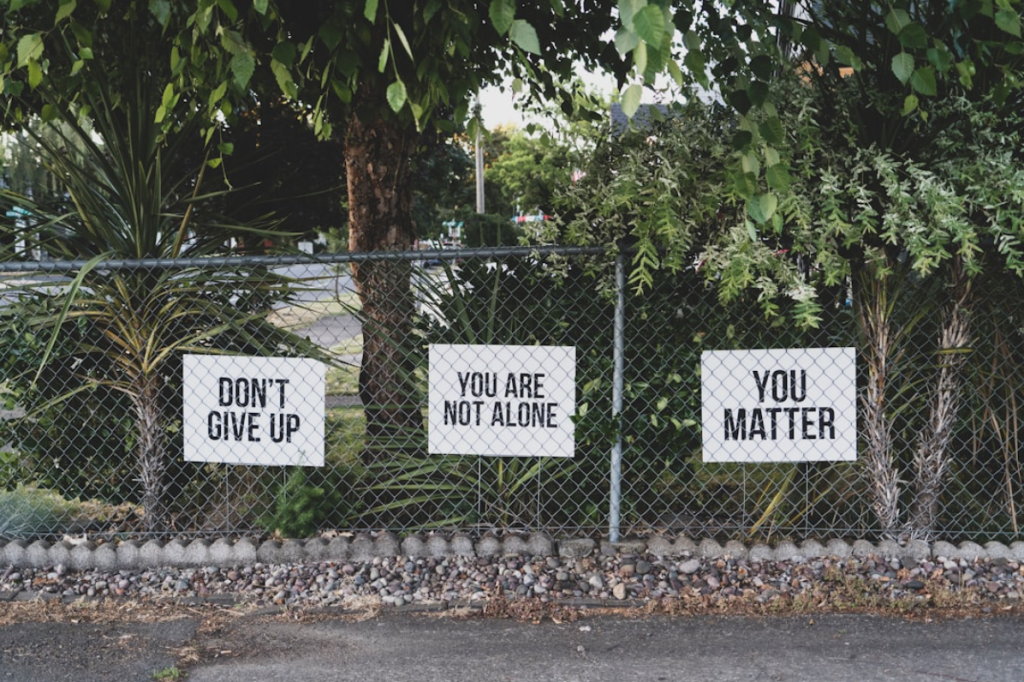Drug addiction is a complex and challenging battle that affects every aspect of an individual’s life. However, with the right approach, recovery is not just a possibility but an achievable goal. This post is designed to serve as a beacon of hope and a roadmap for those who are ready to start their journey toward a life free from the chains of addiction.
In this guide, we will explore the essential steps necessary for successful rehabilitation and long-term recovery, underscored by real-life success stories and expert advice. Our goal is to empower you with knowledge and support, ensuring that every step taken is a step closer to a new beginning.

Acknowledging the Problem
Accepting that you have a problem with drug addiction is the first, albeit difficult, step toward recovery. It involves a deep personal reflection and the courage to admit that the addiction is impacting your life negatively. Many people struggle with this step because it requires confronting painful truths and vulnerabilities. However, acknowledgment is crucial because it marks the beginning of your willingness to change.
Once the problem is acknowledged, it’s important to share your challenges with trusted family members, friends, or a healthcare professional. Opening up about your addiction can provide a support system that is essential during the recovery process. It not only lessens the burden of going through it alone but also opens doors to resources and guidance from those who want to see you succeed.
Choosing the Right Rehabilitation Program
Selecting a rehabilitation program that aligns with your specific needs is a significant step toward recovery. There is a wide range of treatment options available, including inpatient programs, outpatient programs, therapy sessions, and support groups. Researching and understanding these options can be overwhelming, but it’s a crucial step in finding the right support for your recovery journey.
Consulting with addiction specialists or medical professionals can provide insight into which program might work best for you. Remember, there’s no one-size-fits-all when it comes to rehabilitation. The effectiveness of a program often depends on how well it addresses your unique situation, including the severity of the addiction, personal health, and lifestyle. If you’re looking for Bali rehab for Australians, for example, first consider your requirements, such as location and treatment approach. Research thoroughly and don’t be afraid to ask questions.
Building a Support System
A strong support system can significantly impact your recovery process. This support can come from family, friends, support groups, or professionals who understand what you’re going through. Sharing your struggles and achievements with people who care and understand provides emotional strength and encouragement, reminding you that you’re not alone in this fight.
It’s also beneficial to surround yourself with individuals who have successfully overcome addiction. Their stories of triumph can serve as inspiration and proof that recovery is possible. This kind of positive influence not only motivates you to stay on your path but also provides practical advice on navigating the challenges of recovery.
Developing New Habits and Interests
Recovery from drug addiction is an opportunity to reinvent yourself and your life. Developing new, healthy habits and interests is pivotal in filling the void left by addiction. Activities such as exercising, cooking, reading, or learning a new skill can serve as valuable distractions and contribute to your well-being. These activities not only help in keeping your mind off drugs but also aid in forming a new identity that doesn’t revolve around addiction.
The key is to find something you genuinely enjoy and can engage in regularly. This process may involve experimenting with different activities until you find what truly resonates with you. Encourage yourself to step out of your comfort zone and explore new territories, as this could lead to discovering passions that significantly enrich your life.
Managing Triggers and Cravings
One of the most challenging aspects of recovery is dealing with triggers and cravings. Triggers can be emotional, environmental, or social cues that tempt you to revert to drug use. It’s essential to identify your triggers and develop strategies to manage them. This might involve avoiding certain places or people, learning stress management techniques, or engaging in activities that divert your attention away from cravings.
Practicing mindfulness and meditation can also be effective in managing triggers and cravings. These practices teach you to observe your thoughts and feelings without judgment, helping you understand and cope with your response to triggers. Over time, such strategies can diminish the power of triggers and cravings, making them more manageable.

Overcoming drug addiction is a formidable journey that demands courage, commitment, and change. From acknowledging the problem to managing triggers and cravings, each step on this path offers its challenges and opportunities for growth. Remember, recovery is not a linear process, and setbacks are a natural part of the healing journey. The key is to keep moving forward, equipped with the knowledge, support, and self-care strategies outlined in this guide. Allow your struggles to transform you into a stronger, more resilient individual.






